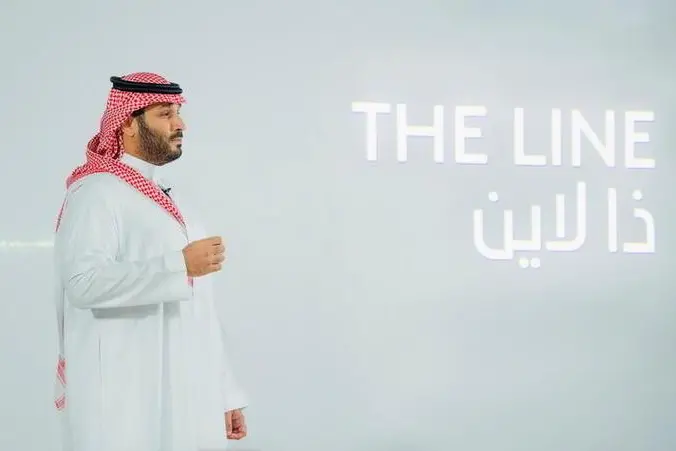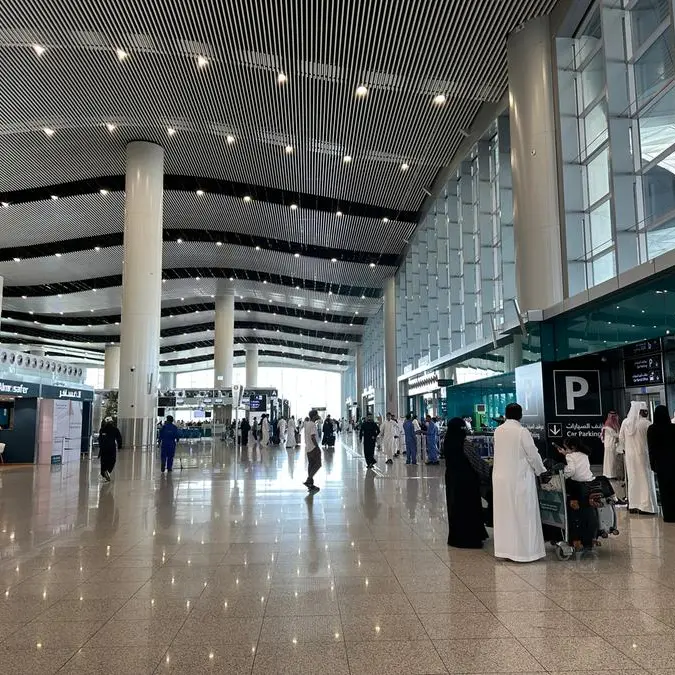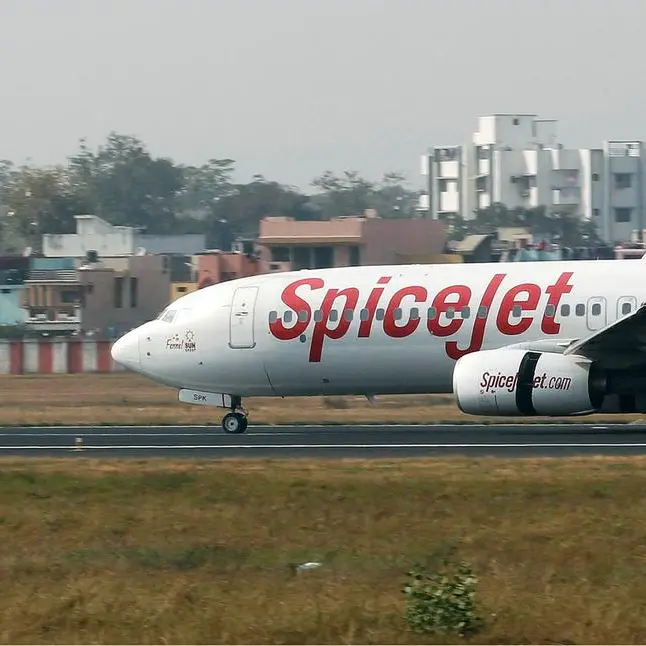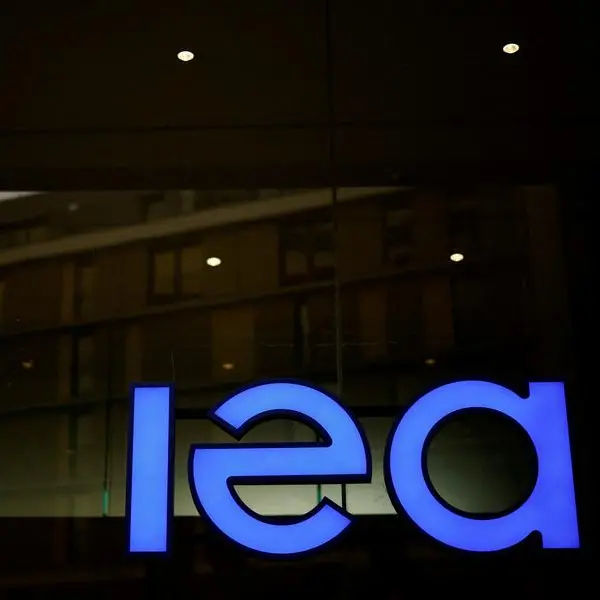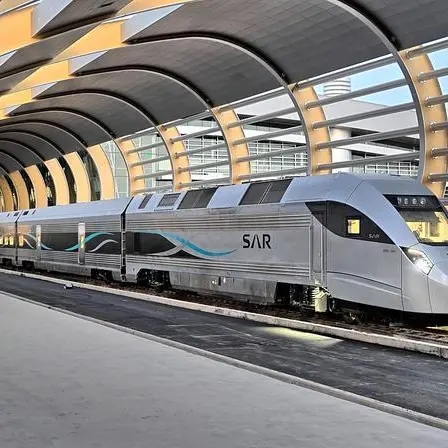PHOTO
Saudi Arabia’s Vision 2030 strengthened the concept of urban “humanization” and the importance of the citizen’s role in this process, with the Kingdom exerting vigorous efforts to achieve a balance between the needs of people, cities, and the environment.
Crown Prince Mohammed bin Salman asked, during the presentation of the project, why do we accept that we sacrifice nature for the sake of development? Why do 7 million people die annually due to pollution? Why do we lose 1 million people annually due to traffic accidents? And why do we accept that years of people’s lives are wasted on commuting?
The humanization of cities is linked to increasing connections between humans in all possible ways, and this is what will be achieved through the crown prince’s new project in conjunction with the city of NEOM, The Line. We are talking about a healthy environment with an integrated infrastructure to include a number of milestones for a million-strong city 170 km in length, that preserves 95 percent of nature in NEOM, has zero cars, zero streets, and zero carbon emissions, all of which will enhance the economy by creating 380,000 job opportunities, and contributing SR180 billion ($48 billion) to domestic GDP by 2030.
When the crown prince, who is also NEOM’s chairman of the board of directors, announced The Line, he said that this model urban society scheme ensures balanced living with nature. His speech emphasized how much we need to renew the concept of cities into futuristic ones. For example, houses represent about 60 percent of the urban growth area of cities, so the more people participate in the responsibility of the ecological balance, the greater the goals we achieve in most sectors. Imposing some mandatory programs to educate citizens about the concept of humane cities through serious initiatives and thoughtful strategic planning is of paramount importance. We need frequent if not immediate educational programs to increase the population’s awareness and understanding of the importance of the economic and environmental role of humanizing cities.
In addition to environmental goals, humanizing cities will also achieve economic and tourist benefits as well, which will have a huge role in job generation. Therefore, we need citizens’ awareness in order for cities to grow in a balanced manner. We also need to upgrade the services provided to these citizens, so that they can live without visual or environmental contamination.
The Line is a revolution in urban life that will shape the new future. We took the challenge of change that no one has dared to take before, in a time that needs the world to use innovation to find new solutions. In other words, NEOM will not be just a tourist destination, but will also open its doors to be a home for people with big dreams, for those who aspire to contribute to building a new model for a sustainable life, work and prosperity.
Under the directives of the crown prince, soon, the cities of the Kingdom will become greater cultural, economic, and environmental destinations with a healthy and integrated infrastructure. Our cities already have a number of archaeological and heritage monuments and buildings, and qualify as tourist destinations; we just need to follow our leadership’s steps in making them more humane.
• Dr. Fatma Jobran is an interior environmental design professional. She also writes on energy economics, renewable energy, urbanization and environmental design.
Copyright: Arab News © 2021 All rights reserved. Provided by SyndiGate Media Inc. (Syndigate.info).
